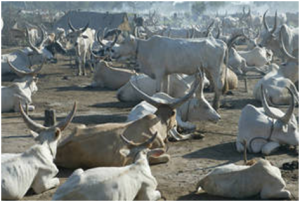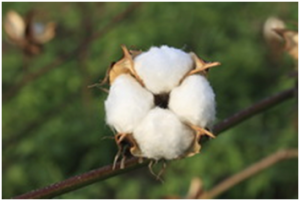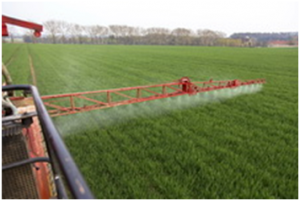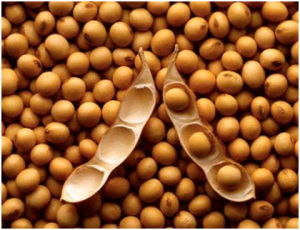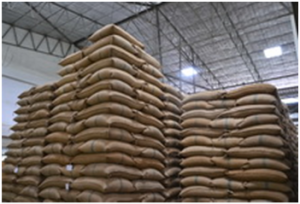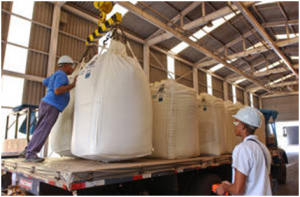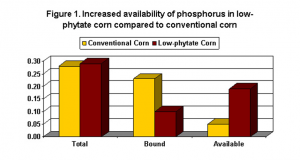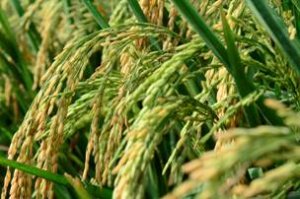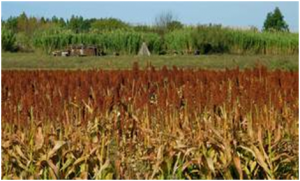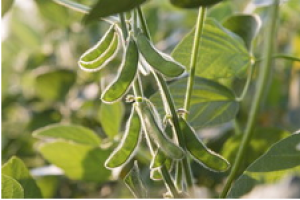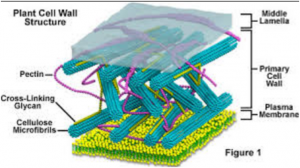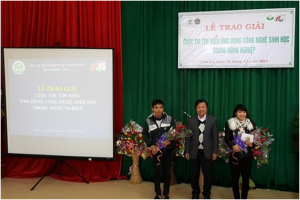|
Scientists Find Molecule for Boosting Plant Growth With Less Nitrogen
Sunday, 2018/09/09 | 06:10:25
|
|
A study published in Nature reports about a gene that improves plants' ability to absorb nitrogen, which can help develop high-yielding varieties of rice, wheat, and other staple crops that would need less fertilizer.
According to plant geneticist Xiangdong Fu from the Chinese Academy of Sciences and co-authors, modern crops cannot absorb nitrogen as efficiently as traditional crops can, thus fertilizers are applied to help modern crops grow. However, when nitrogen-rich runoff from farm fields reaches rivers, lakes and oceans, it can feed massive algal blooms that consume oxygen and suffocate aquatic organisms. "That's why we need to look for new varieties that can produce high yields, but with less fertilizer," Fu added.
Fu and colleagues studied the role of DELLA proteins that have been pinpointed as the cause of modern crops' poor nitrogen absorption and short stature. These proteins are disrupted by growth hormones in traditional crops, while in modern plants, DELLA proteins thrive because of their immunity to the hormones. Thus, the team searched for ways to combat DELLA proteins. They scanned the DNA of 36 dwarf rice varieties and found two genes that govern nitrogen consumption. One of the genes codes for DELLA, and the other codes for growth-regulating factor 4 (GRF4), which has been known to be involved only in grain size and yield. Fu and team further found that GRF4 counteracts the effects of DELLA by influencing the plants to absorb and metabolize nitrogen and carbon to support growth. Then they bred rice plants to develop a better concentration of the GRF4 protein. This leads to high yielding short plants which need less nitrogen than conventional plants.
Read more information from Nature. |
|
|
|
[ Other News ]___________________________________________________
|


 Curently online :
Curently online :
 Total visitors :
Total visitors :


